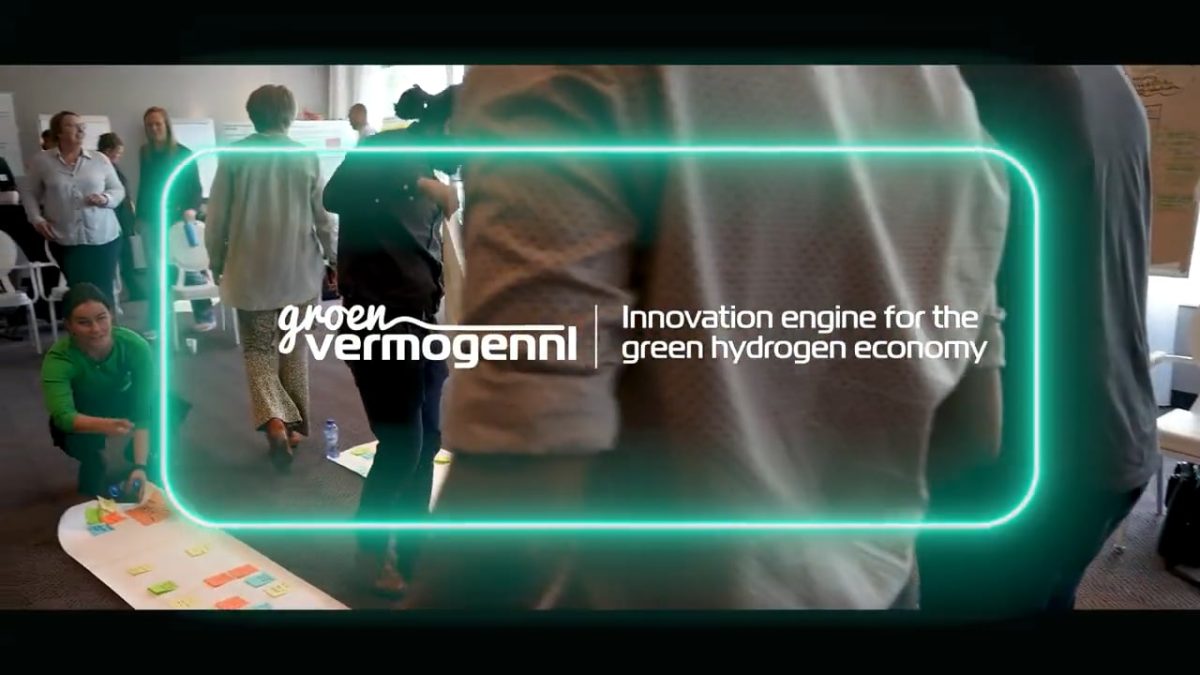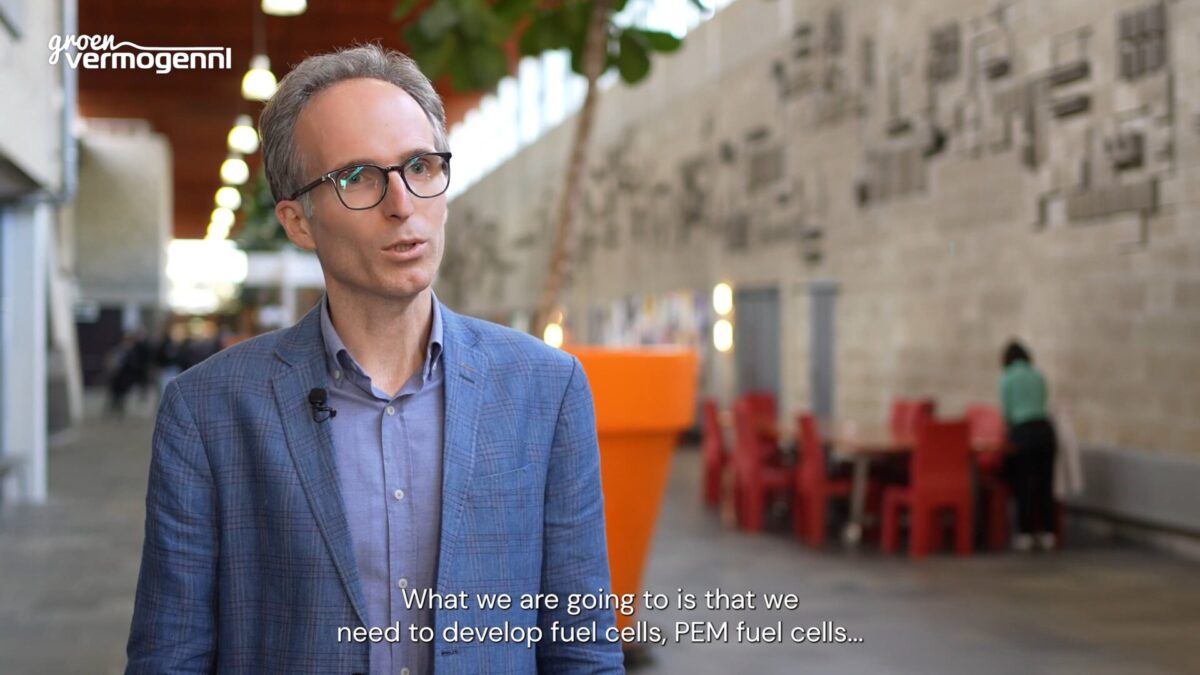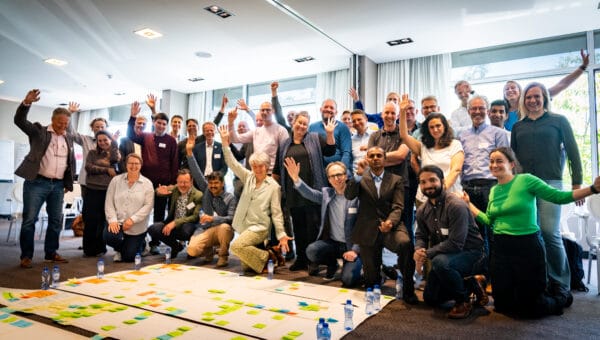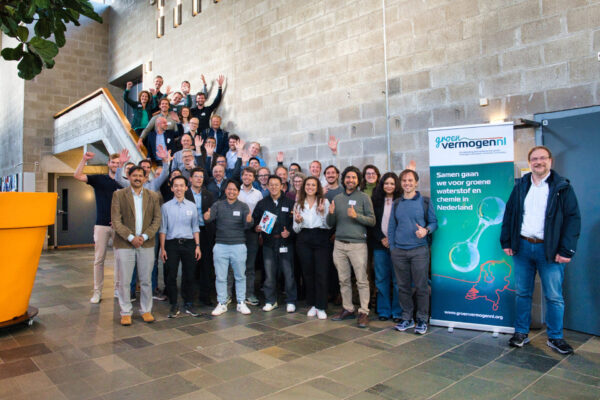HyUSE: research into the direct use of hydrogen
Theme:
R&D
Duration:
2023 - 2029
Project Coordinator:
Frank Willems
Funding:
€16.5 million
Currently, hydrogen serves mainly as a raw material for industrial processes, like refining and ammonia production. Moreover, it can help eliminate carbon emissions when used as a fuel in processes that require high temperatures. You can use fuel cells to produce electricity from hydrogen, for example at times when solar and wind power fail to meet demand. Hydrogen can be used as a fuel in the transport sector, which means trucks and ships will emit water vapour instead of harmful gases.
We haven’t reached that point yet. For example, what modifications are needed to enable factories to operate on hydrogen rather than natural gas? What measures are needed to ensure the safe operation of hydrogen-powered vehicles or vessels? What steps need to be taken to avoid unforeseen challenges during the transition from fossil fuels to hydrogen? HyUSE provides a platform for research into next-generation technologies for hydrogen use in these sectors. In addition, the consortium is developing regulations, fostering public support, creating business models, and addressing system aspects of hydrogen applications throughout the value chains.
HyUSE: objectives and actions
HyUSE’s objective is to explore technologies and applications with a projected broad market roll-out around 2030. HyUSE will also integrate enhancements to current hydrogen-based technologies. Along with developing hydrogen technology, a key goal is to cultivate an innovation ecosystem. To this end, HyUSE will ensure that stakeholders in the value chains for the use of hydrogen and other renewable energy carriers have access to reliable information. This gives them the tools to make sound investment decisions.
This is the HyUSE consortium
The HyUSE consortium is a public-private partnership consisting of thirty entities. It was created through an innovative approach developed by GroenvermogenNL and the Dutch Research Council (NWO). Over the course of two intensive workshops, the participants combined their expertise to advance the project plan. Typically, several proposals are submitted in a competitive setting but, for its R&D pillar, GroenvermogenNL has teamed up with NWO to develop an innovative procedure. This procedure involves prompting the entities involved to collaborate at national level, focus on key industry questions, and submit a single proposal. This led to the formation of a consortium consisting of thirty entities: 8 universities, 5 universities of applied sciences, 3 research institutes and fourteen industrial partners.
Partners in the consortium
TNO, Utrecht University, Avans University of Applied Sciences, CWI (NWO-I), Delft University of Technology, Eindhoven University of Technology, The Hague University of Applied Sciences, HAN University of Applied Sciences, Hanze University of Applied Sciences, MARIN, University of Groningen, Saxion University of Applies Sciences, Tilburg University, University of Twente, Stichting Wageningen Research (Wageningen University & Research), Wageningen University, DNV, HyET NoCarbon B.V., CelSian, Circonica, European Supply Chain Forum, Groningen Airport Eelde NV, HyCC, Hyster-Yale, Koppert Cress, LyondellBasell, RWE, Shell Global Solutions International B.V., Stichting Bijboegfonds, Thomassen Energy
Factsheet HyUSE projectDesign HyUSE consortium

Kick-off meeting HyUSE project

If you have any questions regarding this project?
Please contact:

Jane Butler
Programme Manager






